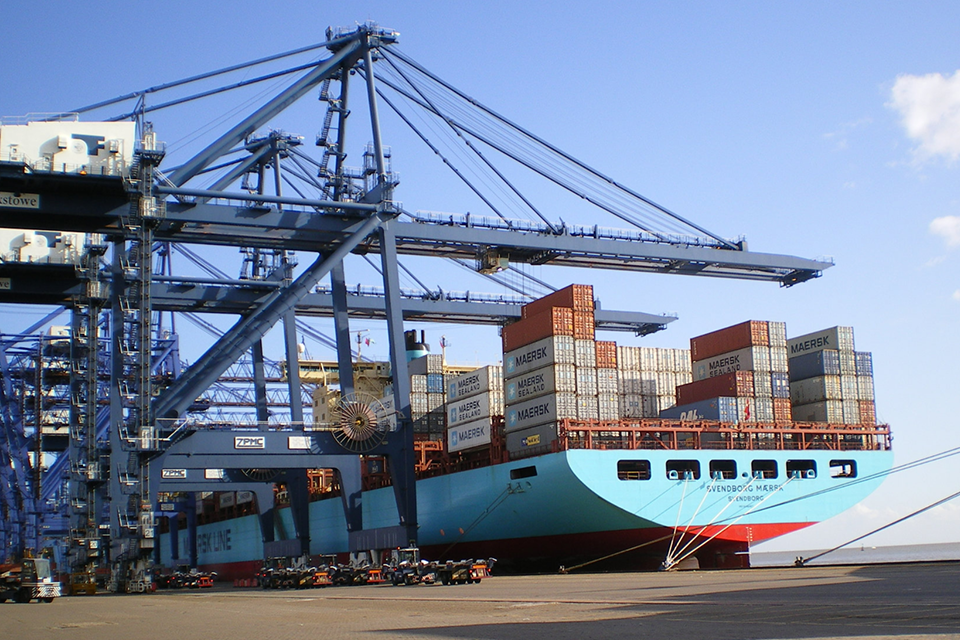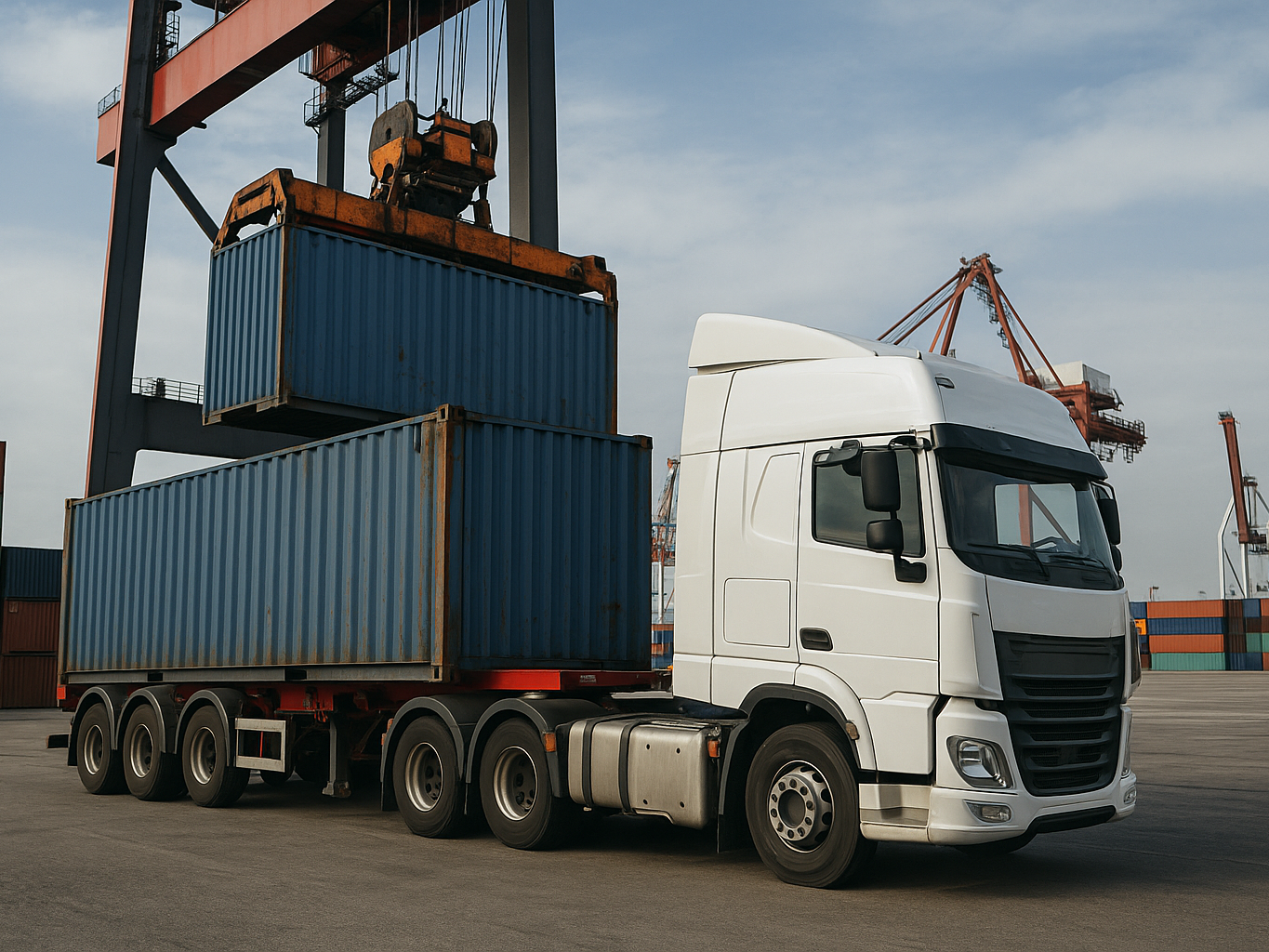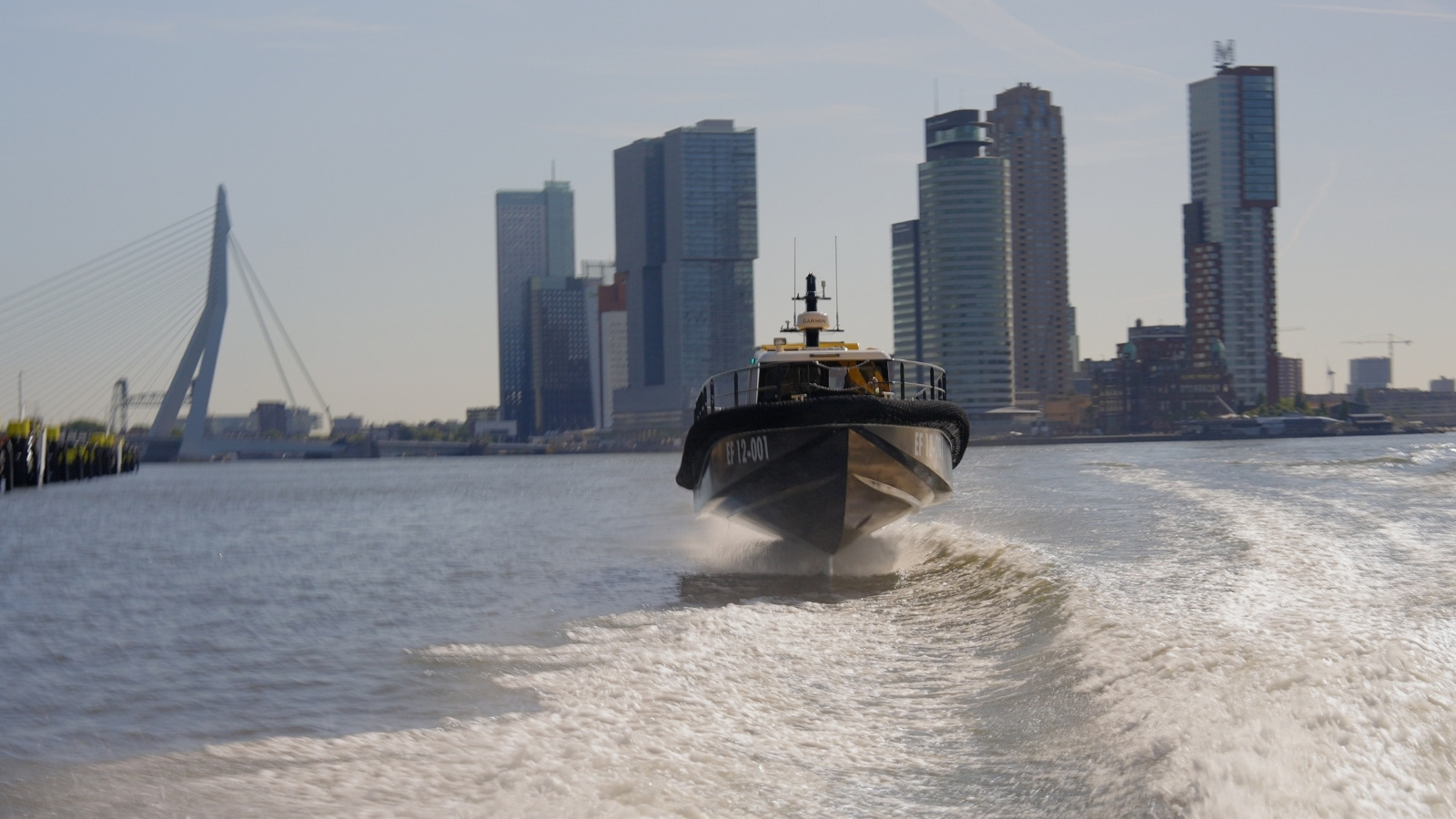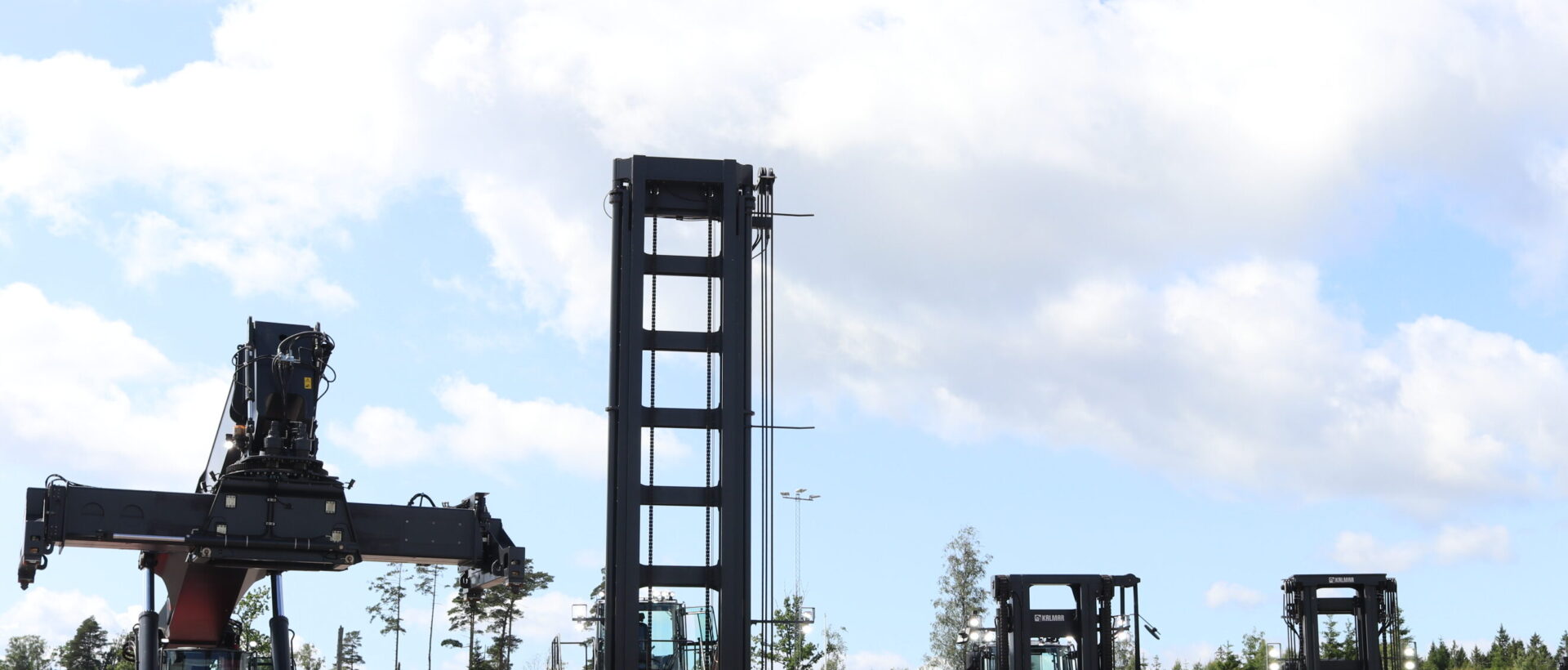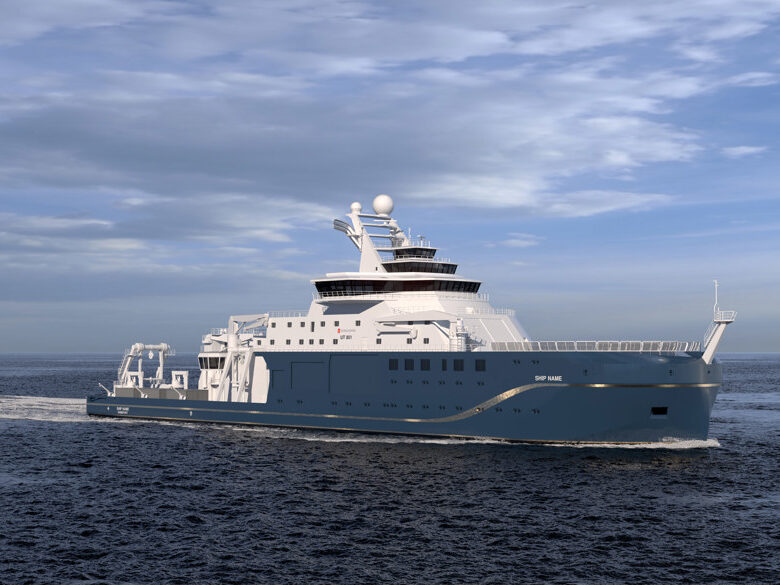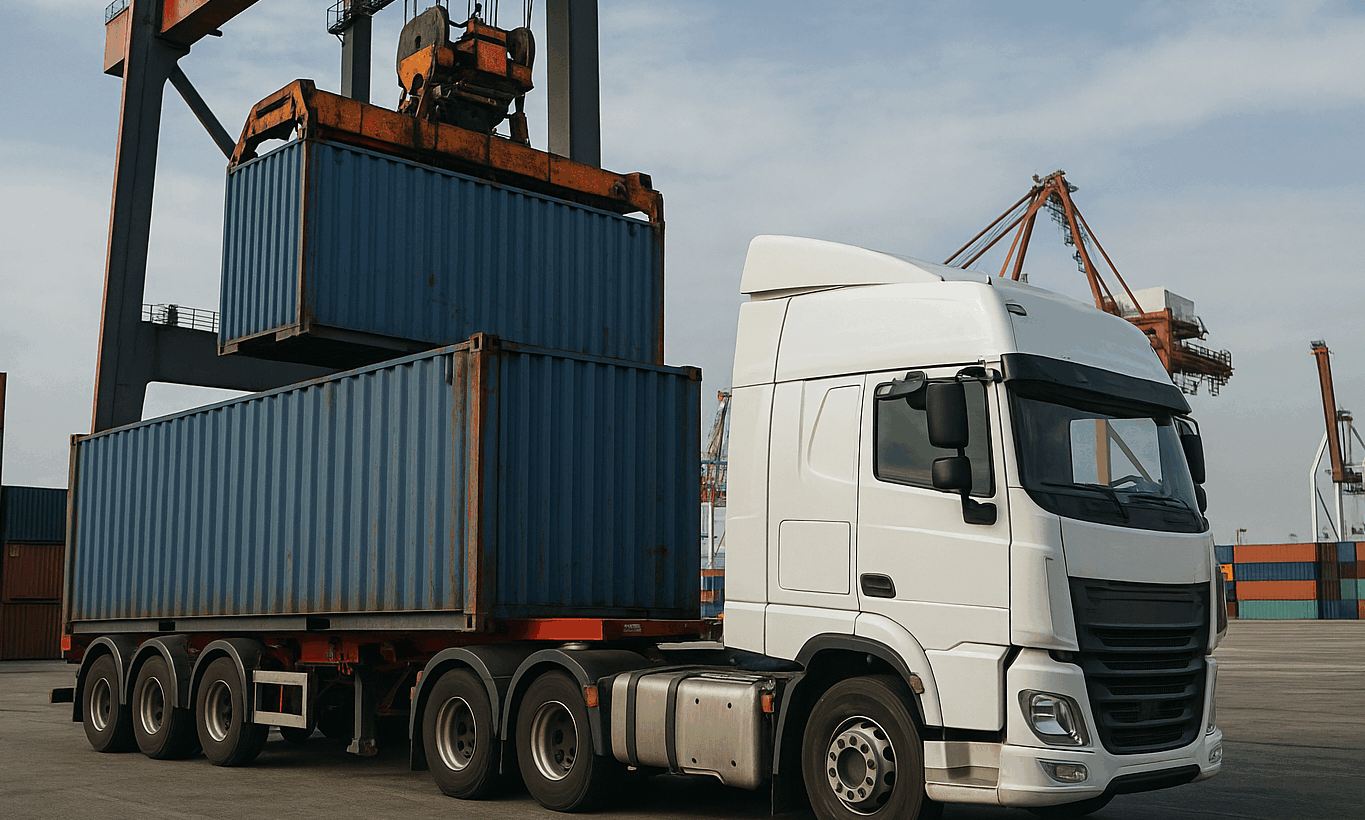Hapag-Lloyd and DHL Global Forwarding have signed a three-year framework agreement to reduce Scope 3 greenhouse gas (GHG) emissions through the use of sustainable marine fuels in Hapag-Lloyd’s fleet.
The first order under the agreement, executed in July 2025, avoided 25,000 tons of CO₂ equivalent emissions by using second-generation biofuels produced from waste and residue feedstock.
The transaction was carried out using a ‘book and claim’ approach, which allows customers to claim emission reductions independently of the physical use of the fuel.
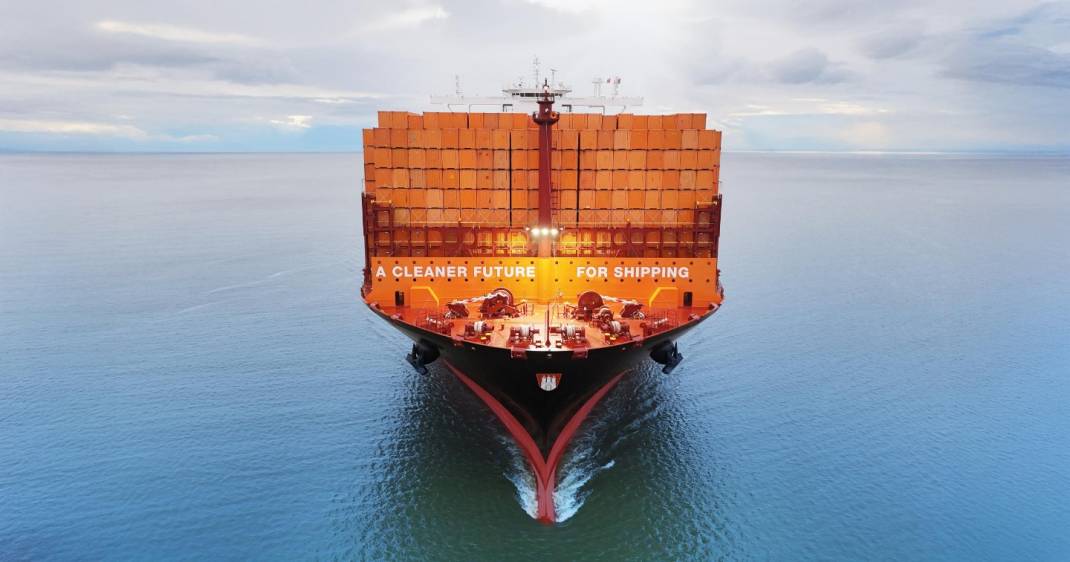
Danny Smolders, Managing Director Global Sales at Hapag-Lloyd said:We are delighted to have completed this order with DHL, demonstrating the feasibility and effectiveness of using sustainable marine fuels to reduce Scope 3 emissions through our Ship Green product. Partnering with DHL shows how powerful collaboration can be. Together, we are creating real momentum in further decarbonising supply chains, one bold step at a time.
Hapag-Lloyd has offered its “Ship Green” product since 2023, allowing customers to claim emissions avoided through the use of biofuel blends instead of traditional marine fuel oil. DHL’s GoGreen Plus products similarly support value chain decarbonisation by using sustainable fuels and low-carbon technologies to reduce upstream and downstream Scope 3 emissions.
Both companies have set long-term decarbonisation targets. Hapag-Lloyd aims for net-zero fleet emissions by 2045, while DHL targets net-zero emissions by 2050. The partnership combines sustainable marine fuels and the book and claim mechanism to support early adoption of low-carbon shipping solutions.
Casper Ellerbaek, Head of Global Ocean Freight at DHL Global Forwarding said:The signing of this three-year framework agreement marks a crucial step toward realising our shared vision of a decarbonised shipping industry. We are thrilled to partner with Hapag-Lloyd in driving the adoption of sustainable marine fuels and the book and claim mechanism, ultimately empowering our customers to achieve their climate goals.



